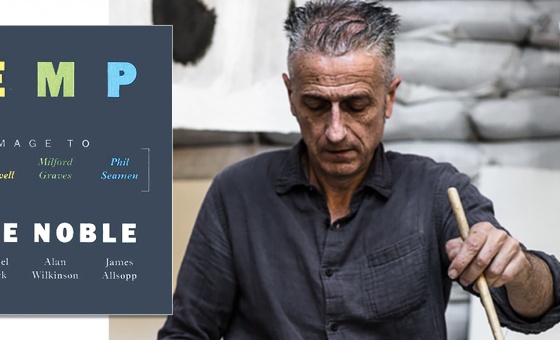HUNDREDS of millions will be spent on Saturday in an effort to rally national sentiment behind King Charles.
To some the extravagant celebration of unearned wealth seems in poor taste amid a cost-of-capitalism crisis that is forcing full-time workers to resort to foodbanks to feed their kids, while the corporate crooks running our country into the ground post record profits.
Attempts to enrol His Majesty’s subjects in a spontaneous display of, well, subjugation, through urging them to declaim oaths of allegiance from their sitting rooms, have met such a limp response that the Palace has leaked disclaimers suggesting the King was never a fan of the idea.
Polls suggest support for the monarchy is at an “all time low.” But many workers will view this weekend’s pomp as innocent fun, and those who get a paid bank holiday off (a shrinking proportion of the workforce in our deregulated and super-exploitative labour market) will doubtless appreciate it.
Should a socialist left, obliged to pick its battles, let the royals well alone? The most nearly successful socialist movement in recent British history, the Jeremy Corbyn leadership of Labour, promised not to touch the monarchy.
Why stir up that hornets’ nest when the monarchy is of limited obvious relevance to most people’s lives and was personified, then, by a widely liked queen of many decades’ standing?
That queen is now dead, though, and there are ominous signs that the coronation of Charles III is not harmless spectacle.
The monarchy is the pinnacle of the British state and that state’s increasing authoritarianism has been on full display since Charles came to the throne. Police swooped on peaceful protesters at events proclaiming him king in multiple British cities. Some were arrested simply for holding up blank pieces of paper.
Royal assent has just been given to the Public Order Act, the latest in a long line of repressive laws passed since the 2019 election. Police now have sweeping powers to shut down protest, and the Met — unfazed by its own reputation lying in tatters because of racism, misogyny and homophobia — has warned it intends to use them. Its threat to crack down on “anyone intent on undermining” the coronation is chilling.
The police will give their new powers the widest interpretation possible. With the Tories their aim is a new normal in which people will think twice before protesting in public, because of the risks.
The thuggish intimidation of republicans is inseparable from the project to shrink the range of permissible political opinion after the shock the Corbyn surge gave the ruling class — something policed most ferociously by the Labour Party, which itself has made a meal of exaggerated royalism since Keir Starmer took over.
The character assassination campaign against Corbyn himself regularly involved allegations of disrespect towards the monarchy — and the monarchy’s place above Parliament was cited by generals briefing the press that the army might have to remove an elected socialist government.
So the monarchy is not neutral. It can appear so when the status quo is not threatened, but its undemocratic state power will be deployed if the ruling class consider it necessary to prevent radical change — as it was in Australia in 1975 with the removal of socialist prime minister Gough Whitlam.
And the growing opposition to monarchy should not be separated from wider political trends either.
It is bound up with anger at an unrepresentative and oppressive British state, and an economy rigged against ordinary people. It is not borne of a desire to have a political system more like that of the United States or France, but draws on the same exasperation with politics as usual that we see in both those countries.
Protest against the coronation is justified. Socialists should work to build it into a movement for democracy that challenges more than just the monarchy.








